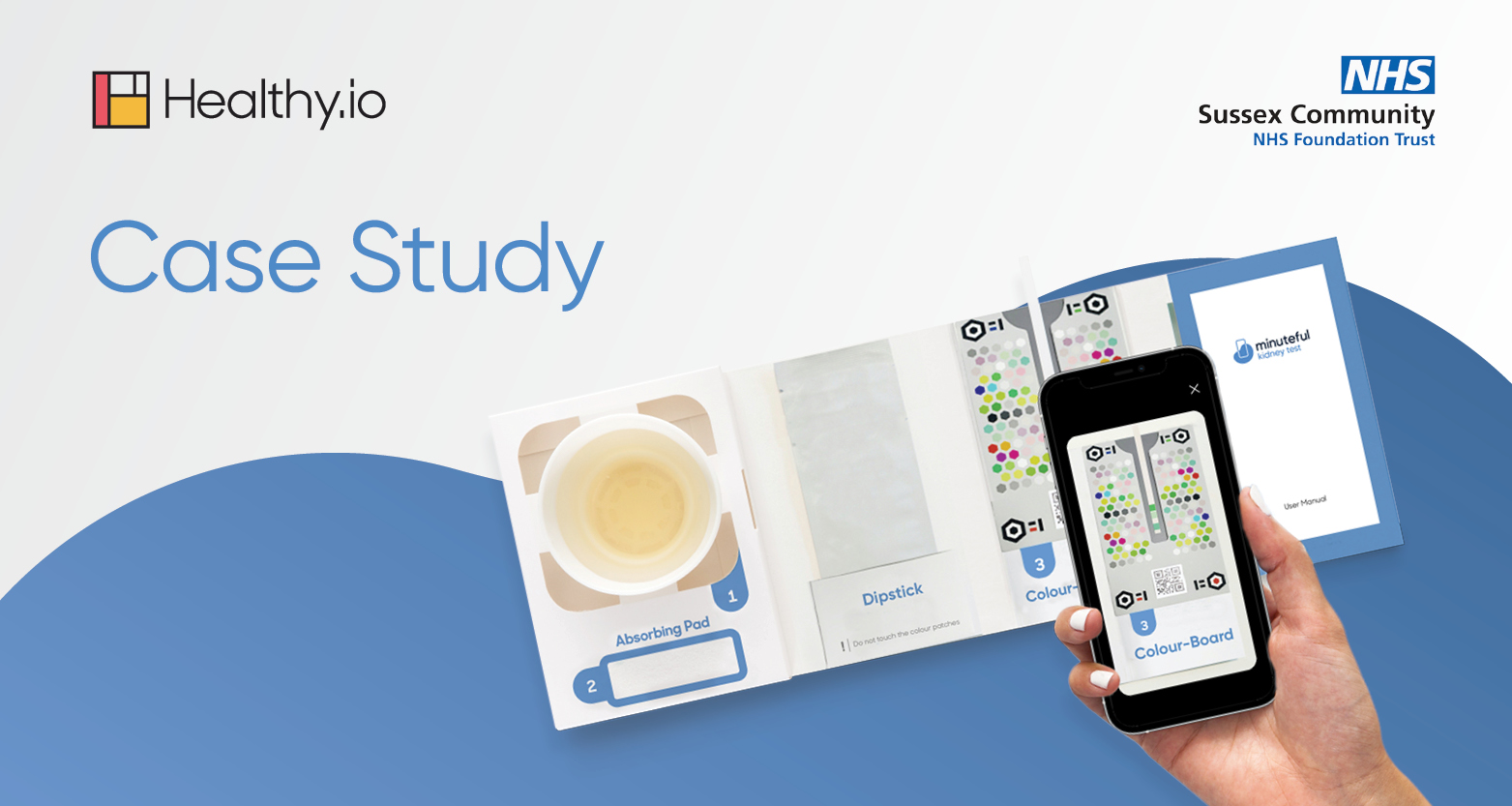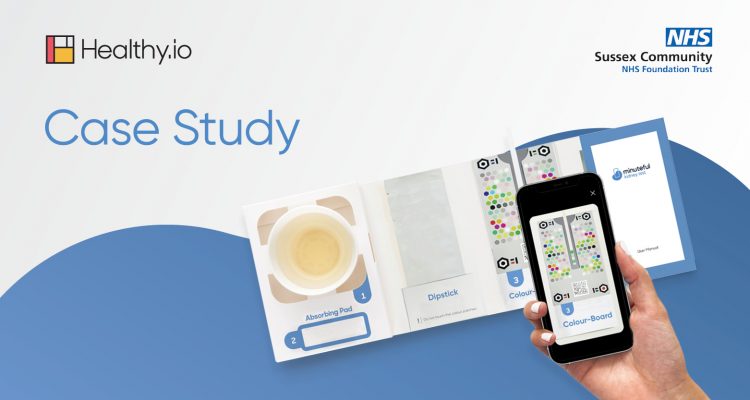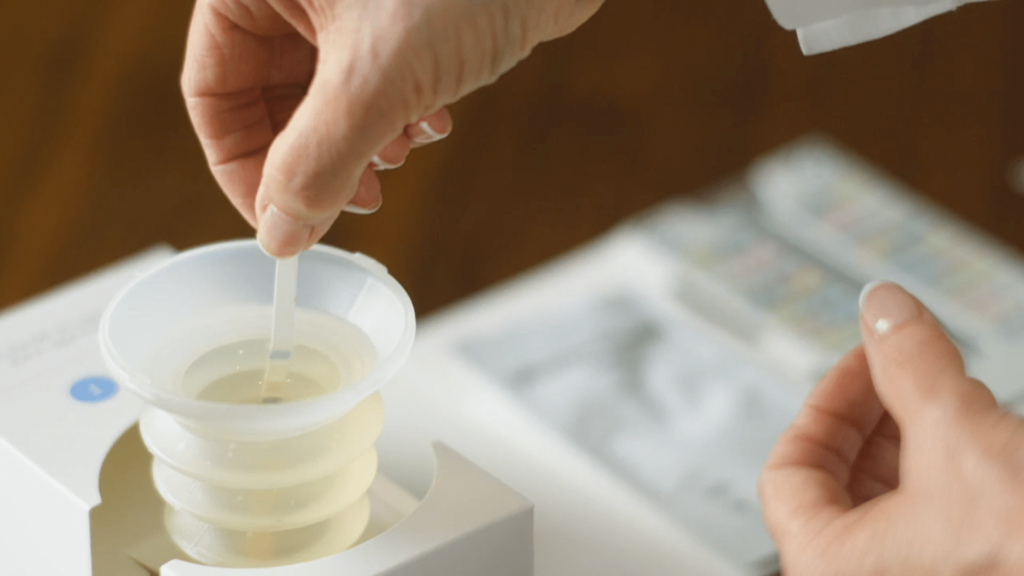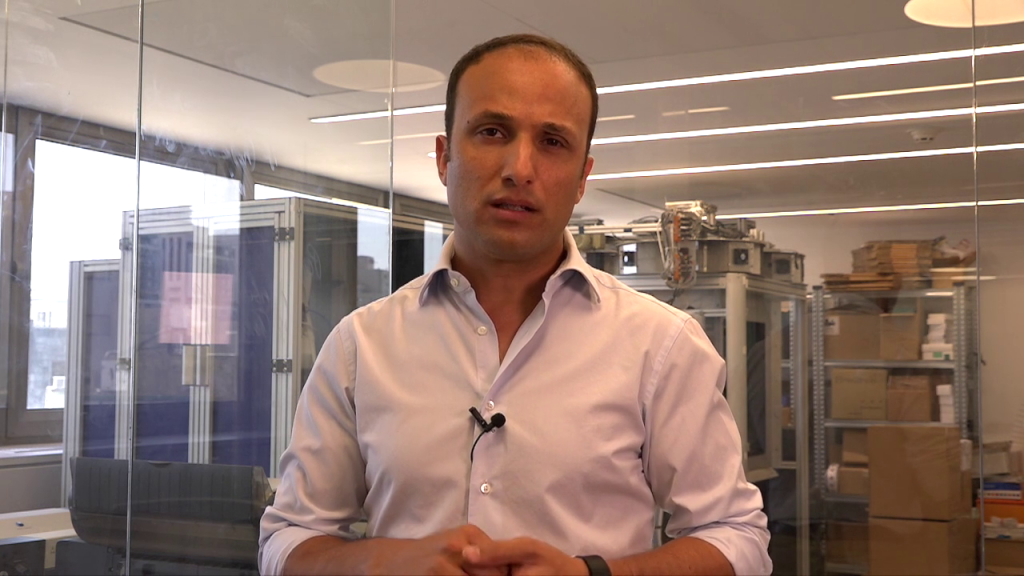COVID-19 poses serious risks for people with diabetes—but so does chronic kidney disease. Technology can help keep them safe from both. Healthy.io partnered with Diabetes Care for You, a service at Sussex Community NHS Foundation Trust, to offer CKD early detection testing to people with type 1 diabetes. By allowing people to safely and conveniently test their albumin to creatinine (ACR) levels from home, the service successfully raised testing adherence from 0% to 79% among the consented untested population. 17% of them were found to have abnormal or highly abnormal results.
People with diabetes are at a disproportionately high risk of suffering negative outcomes from the coronavirus. According to the NHS, one in every four people who died of coronavirus in English hospitals had diabetes. Yet as they continue to stay at home as much as possible, people with diabetes must also continue to manage their condition, which carries with it a set of challenges unrelated to COVID-19. In addition to monitoring their blood sugar levels and taking prescribed medications, they should also perform an ACR (albumin to creatinine ratio) urine test for the detection of chronic kidney disease (CKD), the potentially deadly disease for which they are at a high risk.
ACR test adherence rates among people with diabetes have been historically low—only half of them attending for their annual test, and numbers are even lower for those with type 1 diabetes. But in the face of COVID-19—with clinicians reporting that non-COVID-related conditions continue to be neglected, and people with diabetes understandably wary about visiting clinics—ACR test rates may fall even lower than usual.
Diabetes Care for You, a service at Sussex Community NHS Foundation Trust, partnered with Healthy.io to raise testing adherence among their patients with type 1 diabetes.
The Adherence Challenge
The National Institute for Health and Care Excellence (NICE) recommends that people with diabetes—as well as people suffering from hypertension—do an annual ACR urine test. The test can provide an early warning for CKD during the disease’s asymptomatic early stages.
Despite the clinical guidelines, only half of people with diabetes did the annual test. In fact, ACR testing is the worst performing of all nine diabetes care processes, and is more frequently missed in people with type 1 diabetes than those with type 2 diabetes. People with type 1 diabetes have also been found to be at a higher risk of suffering adverse consequences from COVID-19 than those with type 2 diabetes.
There are numerous reasons for the low adherence to ACR testing. Many patients are uncomfortable providing a urine sample at the clinic, forget to bring one with them, or simply don’t understand the test’s importance. As a result, many people with undiagnosed CKD will continue to live with the disease until it reaches its dangerous late stages, which requires dialysis or kidney transplants, amounting to a considerable health and financial burden. Increasing early detection can have a significant impact, by allowing for early intervention that can dramatically slow the progress of the disease to its costly and dangerous late stages.
Raising Test Adherence with Smartphone-Powered Urinalysis
Healthy.io’s CKD Early Detection Service enables people to test their urine at home using a test kit and accompanying app. Diabetes Care for You offered the service to people with type 1 diabetes who had not attended for their urine test on multiple occasions. By sending test kits to people’s doorsteps and allowing them to test from home, the service eliminates the discomfort associated with in-clinic urine tests, and makes testing comfortable, convenient and safe.
Eligible patients were contacted by Healthy.io’s onboarding team, who provided information about the service, the importance of annual ACR testing, and helped with downloading the app. As a result, 93% of patients agreed to receive the test. After receiving the kit, they received friendly reminders, encouraging them to perform the test. Once they did so, results were immediately made available to clinicians on the electronic patient record system, to review and follow up on if necessary.

The service successfully improved testing adherence rates among the consented untested population from 0% to 79%, and from 0% to 73.5% among the entire untested population. Abnormal ACR results were detected in 17% of the people tested—a strong early indication of CKD that otherwise would probably have gone unidentified.
After completing the test at home, 97% of patients agreed the service was easy to use, and 89% said they preferred home testing to attending the clinic.
David Lipscomb, Diabetes Clinical Lead, Sussex Community Foundation NHS Trust, said:
"The service has enabled us to identify and prioritise follow-up care for people who may have early stage CKD that could have otherwise gone undetected. It allows us to offer our patients a new way of engaging with their care that is more convenient for both patients and staff."
Expanding Access to Care with At-Home Testing
Diabetes Care for You is now exploring the potential of enabling all people with type 1 diabetes to have the option to access remote care as part of their annual review process, offering greater choice to patients.
Healthy.io’s successful partnership with Diabetes Care for You joins a number of other successful roll-outs which have demonstrated the ability of the CKD Early-Detection Service to dramatically raise testing adherence, including Modality Partnership GP surgeries in Yorkshire and Humber and Geisinger Health System primary care clinics in Pennsylvania.
The CKD Early-Detection Service is but one example of services utilising cutting-edge remote care technology to help keep people with diabetes safe and healthy during the pandemic. But the service’s ability to raise testing adherence will continue to be an important part of the battle against CKD after the coronavirus is gone. If scaled to all people with type 1 diabetes and no recorded ACR test, use of the service could result in first year cost-savings for NHS England of £1,833,571, and £51,504,556 by the fifth year (based on York Health Economics Consortium financial modeling and data from the National Diabetes Audit and Public Health England). Significantly higher savings can be achieved by expanding the service to other at-risk groups, such as people with type 2 diabetes and hypertension.
Ultimately, raising adherence to ACR testing allows more people to benefit from early detection and subsequent treatment, reducing progression to end-stage renal disease and risk of cardiovascular events. It can reduce significant costs to the NHS and prolong the lives of countless people.







